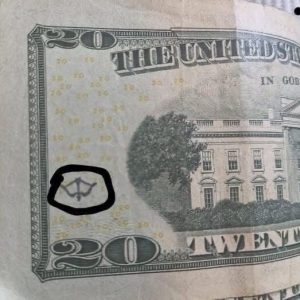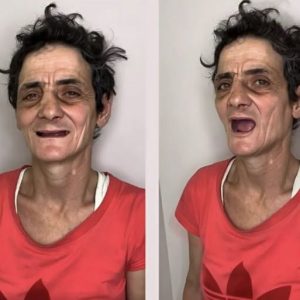Paragraph 1
The story begins when police knock on Mateo’s door to tell him that a woman parked down the street—his estranged mother—claims she has nowhere else to go and wants to see him. Their reappearance throws him back emotionally to age twelve, when his mother left with a man named Victor, leaving behind only a brief note. His father, a steady and devoted man, raised him alone without ever speaking ill of her. Despite his father’s devotion, Mateo grew up watching the window at night, hoping she might return. When he finally approaches her the next day, he finds a frail, sick woman perched on a rusted car. She greets him softly, tells him she is dying, and asks to spend her remaining time in “the house she raised him in”—a request that stings because she contributed nothing to maintaining that house after she left. Mateo refuses but pays for a hotel, torn between resentment and compassion. Over time, she continues calling him sporadically—for rides to treatments, for tea, or simply because loneliness overwhelms her—forcing Mateo to navigate the blurry line between emotional distance and human decency.
Paragraph 2
Their conversations grow more honest as her illness progresses. One day in the car, she asks if he hates her. Mateo admits he doesn’t know—hate requires energy, and he has grown too tired. For the first time, she expresses deep remorse, calling Mateo’s father the best man she ever knew and confessing she ruined the only thing that ever mattered. This admission strikes Mateo hard because she had never acknowledged the hurt she caused. But just when Mateo begins to accept a fragile version of connection, a letter from a lawyer shatters the uneasy peace. It reveals that Victor left her with massive debt and that years earlier—while still legally married to Mateo’s father—she forged his signature to put the house in her name. Though the transfer was never fully undone, collectors now have grounds to claim Mateo’s home. Enraged and terrified, he storms to the hospital, where she begins to cry before he speaks, insisting she was trying to fix the legal issue privately and hoped to restore the house to him without reopening old wounds. Mateo struggles between fury and the instinct to trust the sincerity of her guilt.
Paragraph 3
In the days that follow, Mateo becomes consumed by attempts to untangle the legal mess—endless phone calls, bureaucratic dead ends, and stacks of confusing documents. Amid this chaos, his mother asks him to meet outside the hospital. She presses an envelope and a small key into his hand. The envelope contains a letter written in shaky handwriting. In it, she admits everything: the leaving, the forging, the regrets that haunted her, and the years spent secretly saving money from tips and small bonds—whatever she could manage—to someday give something meaningful back to Mateo. The key is to a safety deposit box containing those savings. Mateo approaches the bank expecting disappointment, fully prepared for one last betrayal. Instead, he discovers $42,000 in cash, old savings bonds, and a final note apologizing yet again. Overwhelmed, he pays off the debt, secures the deed to the house, and allows himself to cry—not just because of the money, but because she had finally done something purely, unquestionably right.
Paragraph 4
Determined to finally speak to her without bitterness, Mateo rushes to the hospital intending to tell her that the debt is settled and that her final gesture mattered. Instead, a nurse gently informs him that his mother passed away earlier that morning. Grief slams into him—unexpected, unfiltered—not only for her death but for all the words they would never exchange, for the boy who once waited at the window, and for his father, who spent his life choosing kindness and would likely ask Mateo to do the same. Mateo decides to bury his mother next to his father, imagining his dad’s reaction. Maybe he’d roll in his grave, or maybe he’d approve, believing in grace even when people fail. After the burial, Mateo wanders through the house—his house—and feels the history embedded in the walls: the pencil marks tracking his childhood height, the dent from a teenage tantrum, the old photo of his father holding him as a baby. What once felt like a battleground of memories begins to feel lighter.
Paragraph 5
In those quiet walks through familiar rooms, Mateo realizes that forgiveness is not forgetting, excusing, or pretending the pain didn’t matter. It is simply setting down a heavy weight that has stopped serving any purpose. His mother made choices that hurt him deeply—choices that splintered their family. But in the end, she made one meaningful choice that helped repair the damage, even if imperfectly. Mateo keeps the house, the stability his father modeled, and the lessons carved by loss, but releases the bitterness that once defined his view of his mother. The story ends with a message to anyone standing where Mateo once stood: in pain, guarded, exhausted. Bitterness doesn’t have to be the last inheritance. Closure may arrive unexpectedly—in an envelope, in a key, in a final confession—or it may not arrive at all. Either way, choosing peace belongs to you alone. Mateo learns that letting go is not letting someone off the hook; it’s letting himself move forward, carrying his father’s steadiness, his own hard-won clarity, and a heart no longer weighed down by decades of unresolved grief.



